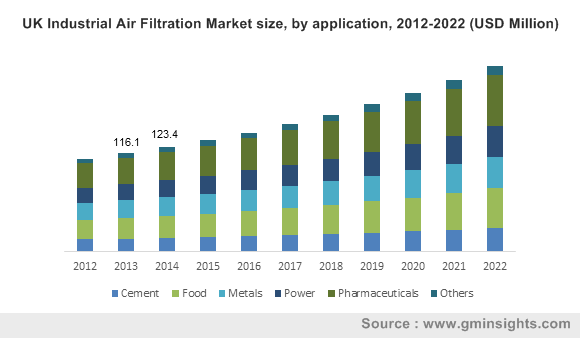Heatpump Vs Furnace - Which Is The Better Home Heating Alternative For Your Home?
Heatpump Vs Furnace - Which Is The Better Home Heating Alternative For Your Home?
Blog Article
Post By-Huynh Neumann
Numerous property owners are familiar with heating systems, which warmth homes with oil or natural gas and push hot air through ductwork. They are fairly economical and can offer reliable heating even during a winter season power failure.
However, they utilize nonrenewable fuel sources and generate carbon monoxide gas and various other air pollution. They additionally aren't as energy-efficient as a high-efficiency heatpump.
Expense
Typically, heatpump are much more affordable to run than heaters. They generally use power and refrigerant to remove heat from outside air, and then move it into your home. You can make the most of more affordable electricity prices during off-peak hours to even more decrease your home heating costs.
Unlike https://upnorthlive.com/sponsored/moneywise/moneywise-tips-to-save-money-during-the-summer-heat , gas or wood-burning furnaces make use of combustion to create heat, discharging flue gases right into the environment that can be harmful to your health. These heating systems are also less energy-efficient than heatpump, and their higher operating costs can build up in time.
Furnaces are much more complex than heat pumps and need normal maintenance to make sure the appropriate feature of all parts. In spite of this, they tend to last longer than heat pumps with a regular lifespan of two decades or more. However, you'll require to factor in the expense of gas, fuel oil or timber and the additional tools required for installation and operation such as ducts and ventilation systems.
Energy Efficiency
Heat pumps have a higher energy effectiveness rating than furnaces. These systems utilize electrical power to scavenge warmth from the air, also in freezing temperatures. They can likewise remove excess warmth from the home throughout warmer months and recycle it to cool the system. Provider professionals can aid you determine the best version for your online on climate and resource energy prices.
Heating systems shed fuel oil, propane, natural gas or other types of nonrenewable fuel source to warm the air in the home. This air is then spread via ductwork utilizing a large fan. Heaters generate greenhouse gases and call for routine maintenance and devices upgrades to make sure safe operation.
The greatest benefit of a heating system is that it can be run even in rough winter months conditions since it does not count on outside temperature levels to heat the air. Heating systems also have a longer life expectancy than heat pumps and generally last 15 years. They can also be paired with dual fuel options, which pick one of the most reliable home heating alternative based on the climate.
Climate
Heat pumps function well in moderate climates and utilize less source energy than heaters. Nonetheless, if your area is incredibly cool, you may need to invest in a standard gas heating system instead.
Furnaces give warm, relaxing warm and typically offer fast heating to raise indoor temperatures. These systems can be made use of with a variety of gas kinds, consisting of natural gas, lp, oil or electrical power.
They consume extra power than heat pumps-- approximately 3x as much-- and need ductwork that's costly to set up or retrofit. They're likewise much more pricey to keep, as they can trigger air high quality problems and generate greenhouse gas exhausts.
If you're dedicated to reducing your carbon impact, a heat pump is a great option for your home. They have less greenhouse gas discharges than heaters, especially if you select a power STAR ® heat pump. Your local Provider professional can discuss the distinctions between these 2 furnace and help you make the very best choice for your one-of-a-kind demands.
Individual Preferences
Heaters can be really energy reliable when powered by natural gas, propane or oil, but they aren't as energy reliable as heat pumps in freezing climates. They can additionally be much more pricey to install, needing gas lines and air flow systems.
Nonetheless, heaters often tend to require much less maintenance, which can lead to lower recurring prices. They generate fewer greenhouse gases and are a lot more trustworthy than heat pumps throughout severe weather.
Electric heatpump are much more versatile in developing indoor comfort since they can also work as ac unit during warmer months. They can be easier to maintain, calling for just normal air filter changes and periodic vacuuming.
If you prefer the comfort of a solitary system that does it all, consider a hybrid home heating service that sets a furnace with an electric heatpump. These systems can automatically switch over in between both home heating alternatives based on your home's requirements and temperature level conditions, making the most of efficiency and cost savings.